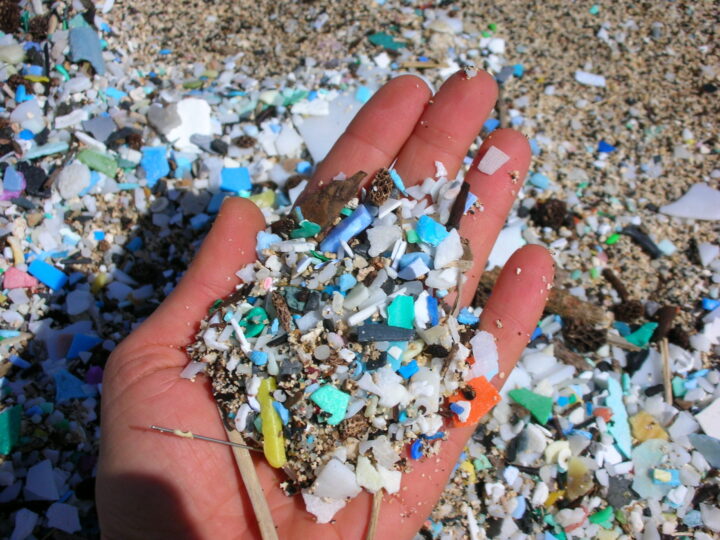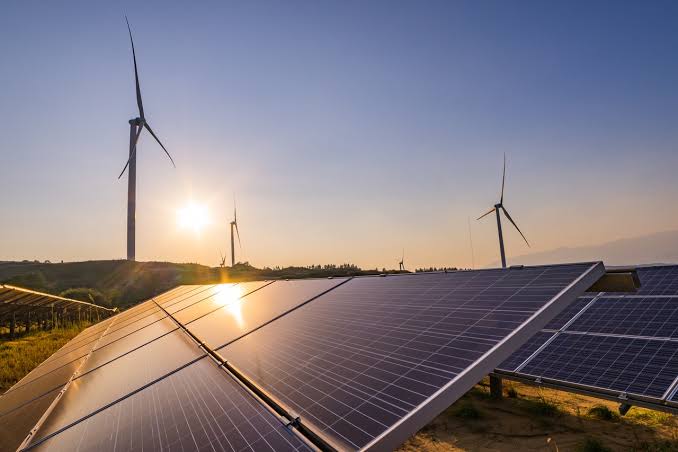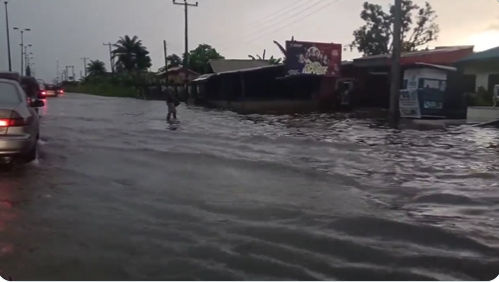The European Commission (EC) has restricted the sale of microplastics intentionally added to products, in a bid to tackle environmental pollution.
In a statement on its website on Monday, the commission said the restriction would help prevent the release of half a million tonnes of microplastics into the environment.
The statement said the ban covers “all synthetic polymer particles below five millimetres that are organic, insoluble and resist degradation”.
It said products used at industrial sites are exempt from the ban, but manufacturers must provide instructions on proper usage and disposal of the products to prevent microplastics emissions.
Advertisement
“The new rules will prevent the release to the environment of about half a million tonnes of microplastics,” the statement reads.
“They will prohibit the sale of microplastics as such, and of products to which microplastics have been added on purpose and that release those microplastics when used.
“The purpose is to reduce emissions of intentional microplastics from as many products as possible.
Advertisement
“Some examples of products in the scope of the restriction are: the granular infill material used on artificial sport surfaces — the largest source of intentional microplastics in the environment.
“Cosmetics, where microplastics is used for multiple purposes, such as exfoliation (microbeads) or obtaining a specific texture, fragrance or colour; detergents, fabric softeners, glitter, fertilisers, plant protection products, toys, medicines and medical devices, to name a few.
“The Commission is committed to fighting microplastics pollution, as stated in the European Green Deal and the new Circular Economy Action Plan.
“In the Zero Pollution Action Plan, the Commission set the target to reduce microplastics pollution by 30 percent by 2030.
Advertisement
“The ban on loose glitter and microbeads will start applying when the restriction enters into force in 20 days.
“The sales ban will apply after a longer period to give affected stakeholders the time to develop and switch to alternatives.”
Virginijus Sinkevičius, EU commissioner for environment, said banning intentionally added microplastics addresses a serious concern for the environment and people’s health.
“Microplastics are found in the seas, rivers and on land, as well as in food and drinking water,” he said.
Advertisement
“Today’s restriction concerns very small particles, but it is a big step towards reducing human-made pollution.”
Advertisement
Add a comment






